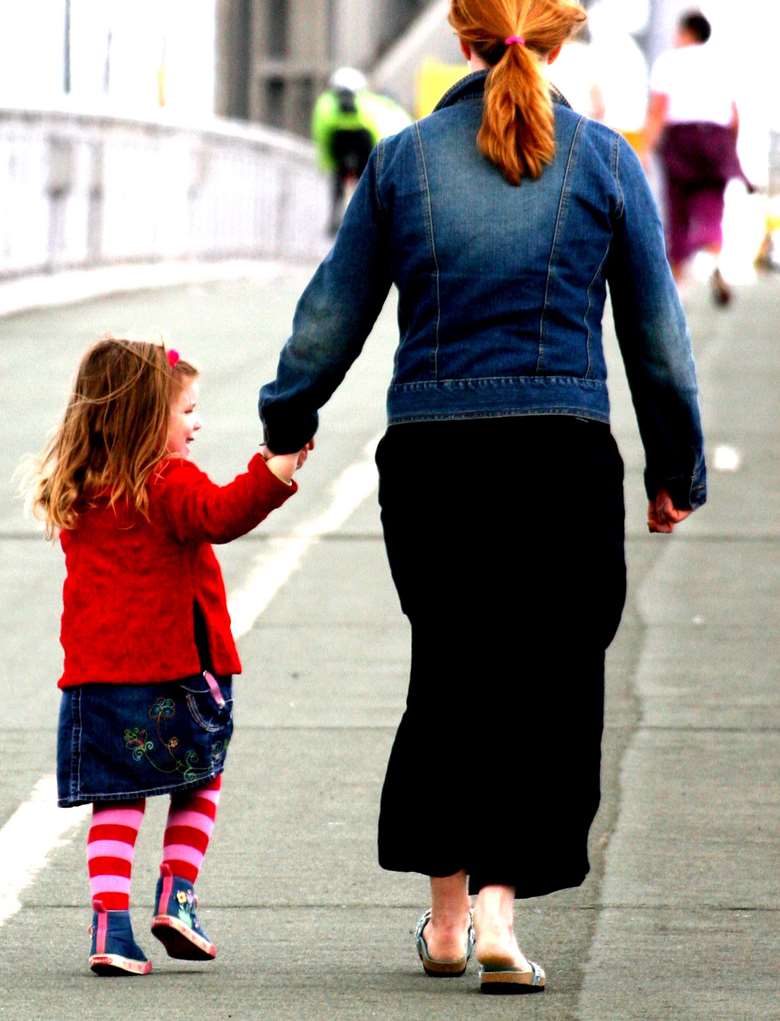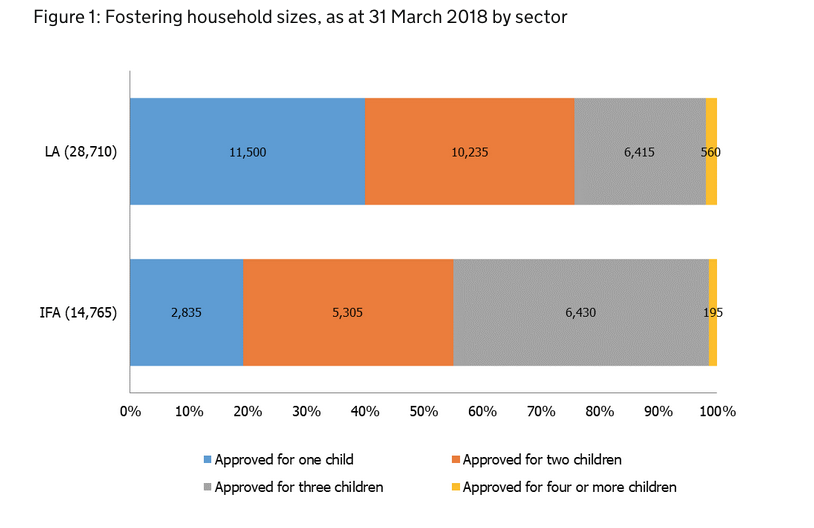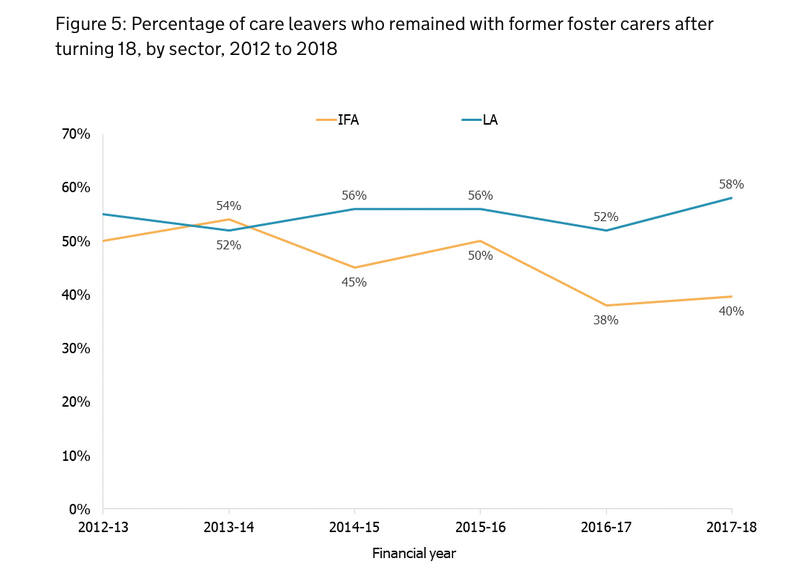Concerns raised over decrease in fostering places
Joanne Parkes
Monday, February 4, 2019
Charities have raised concerns over the fostering system in response to new Ofsted statistics, which suggest more needs to be done to recruit and retain foster carers.

Some 43,475 households were approved for fostering in 2017/18, down 460 from the previous year, according to the Fostering in England report.
Despite a rise in the number children being placed, foster carer levels are insufficient to meet accelerating demand.
Last year, the number of children and young people going into foster care rose by around 1,000, compared with 2016/17.
However, the report states: "Filled places increased more than approved places increased, leading to a 5 per cent decrease in vacant places."
Support service The Fostering Network, claimed that retention of carers could be the problem.
The network's chief executive Kevin Williams, said: "While recruitment has remained steady, the number of foster carers leaving the profession has risen.
"Our concern is that this may be due to foster carers leaving because they feel undersupported, underpaid, and underappreciated, as we so often hear from our members."

Natasha Finlayson, chief executive of care charity Become, welcomed the slight increase in placements, but warned against complacency.
Finlayson said: "The increase is being driven by approvals for larger sized households, rather than an increase in total number of households, so there's no room for complacency about the need to recruit more foster carers."
Another key finding in Ofsted's report was that the number of households with permanent fostering as their primary offer decreased by 9 per cent (1,290 households).
Decreases were seen among both local authority and independent fostering agency services (IFAs).
However, the number of households with emergency fostering as their primary offer has doubled - from 190 to 385, with all of the increase found with IFAs.
"Fostering to adopt" households, where prospective adopters choose to foster their would-be child, have risen by a quarter, an increase of 75 households.
The charities also highlighted worries around "unplanned endings", low rates of statutory "return-home" interviews for children who had gone missing from foster care, and levels of young people who do not stay put at their foster home after turning 18.
Finlayson said: "We're very concerned that 8 per cent of fostered children had unplanned endings this year and that one in four of those children were moved within 24 hours of the decision to end the placement, an increase on last year.
"Although some of those moves will be at the child's request, every time a child moves home to live with a new set of strangers in a different area, it compounds a complicated emotional legacy of issues around abandonment, rejection, identity and the feeling of not belonging anywhere."
She also described as "really worrying" the fact that only 57 per cent of children who went missing from foster care, received a return-home interview "even though statutory guidance states that this is an obligation for local authorities".
The Ofsted report said that children placed with IFAs who went missing were also less likely to receive a return home interview than children placed with local authorities.
Finlayson continued: "We hear from young people that they want to do these interviews because it demonstrates that someone cares about them and gives them an opportunity to talk about what caused them to run away, and hopefully make things better - it's a vital tool in reducing the number of children who run away from care."
Williams described as "disappointing" the fact that young people are also missing out on opportunities to continue living with their carers via the "Staying Put" programme, despite there being a "small increase in uptake".

The proportion increased to 1,695 (49 per cent), compared with 1,570 (46 per cent), the year before.
The Fostering Network has recently published its State of the Nation's Foster Care report, which found that 48 per cent of foster carers are supporting a child with mental health needs, but the child is not getting specialist help.




